Identity Review | Global Tech Think Tank
Keep up with the digital identity landscape.
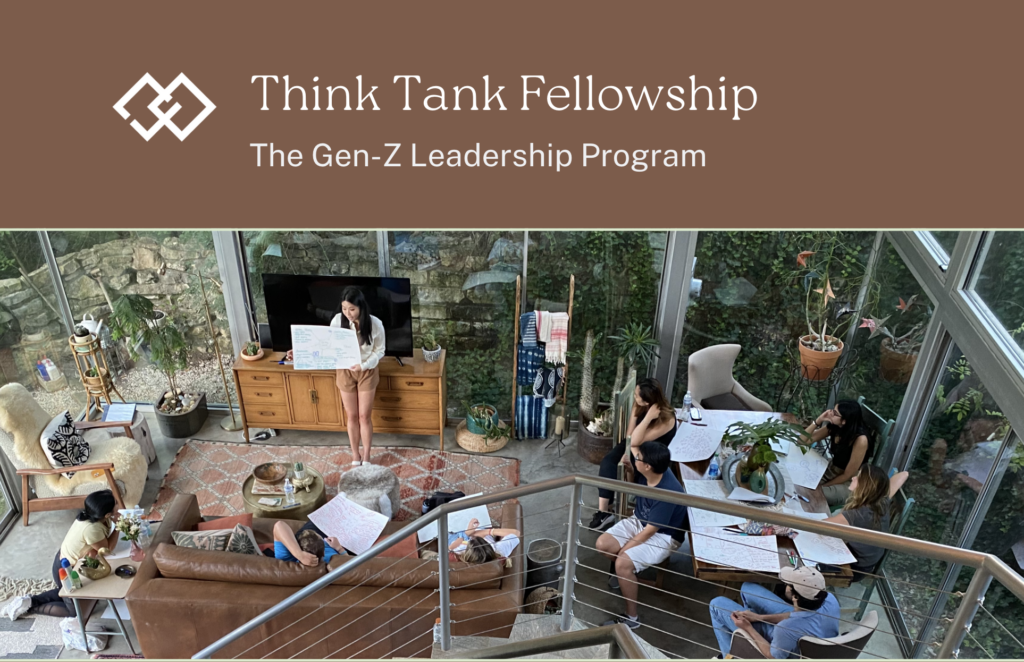
Think tanks play a critical role in shaping the future of policy and public discourse. Today’s decisions lay the framework for how future generations live and work online.
The Think Tank Fellowship is a highly selective program that is committed to nurturing exceptional emerging Gen-Z leaders from diverse backgrounds. With a rigorous selection process, only the most outstanding fellows are admitted each year. Our previous fellows have gone on to achieve incredible success in web3, finance, government, tech, and other fields, starting their own ventures and becoming recognized leaders in their industries.
We look for creative curiosity, intellectual rigor and leadership success. The program is more selective than most elite universities, receiving 100s of applicants each year but admitting no more than 10 per class.
The fellowship program is a development program for young leaders who have a bold vision for the future. The cohort is made of critical thinkers dedicated to exploring, researching and ultimately leading the future of society in cutting edge arenas. Fellows have come from universities including Stanford, Yale, Columbia, Princeton, USC, UChicago and more. Fellows join a close life-time community of technologists, creatives, economists and more.
About the 2024 Fellowship | What our fellows have to say
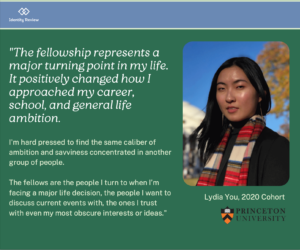
The fellowship starts with an unforgettable annual retreat featuring masterminds, networking opportunities, and engaging experiences. Throughout the year, fellows access the members-only community, including engaging workshops and private speaker series. Fellows collaborate on exciting research projects, gain access to job opportunities, and have private fireside sessions with successful mentors and founders. The annual programming typically runs from September through May, featuring several virtual meetings and workshops a month.
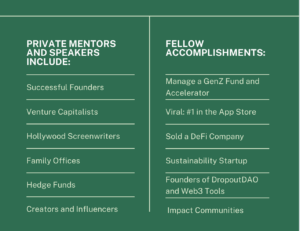

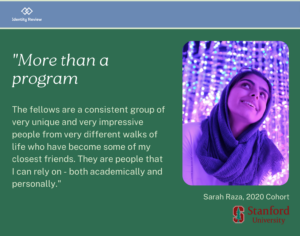
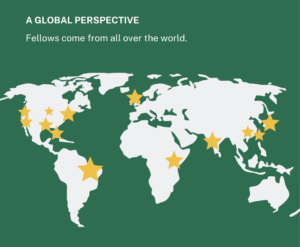

Gunnar Michelsen, University of Chicago
Gunnar is a junior studying economics at the University of Chicago. He has worked with numerous Silicon Valley Venture Capital firms and is an advisor to 8VC. On campus, Gunnar is the president and founder of his own VC/entrepreneurship group, GothamChi, where he helps to bridge the gap between his school and the tech world.
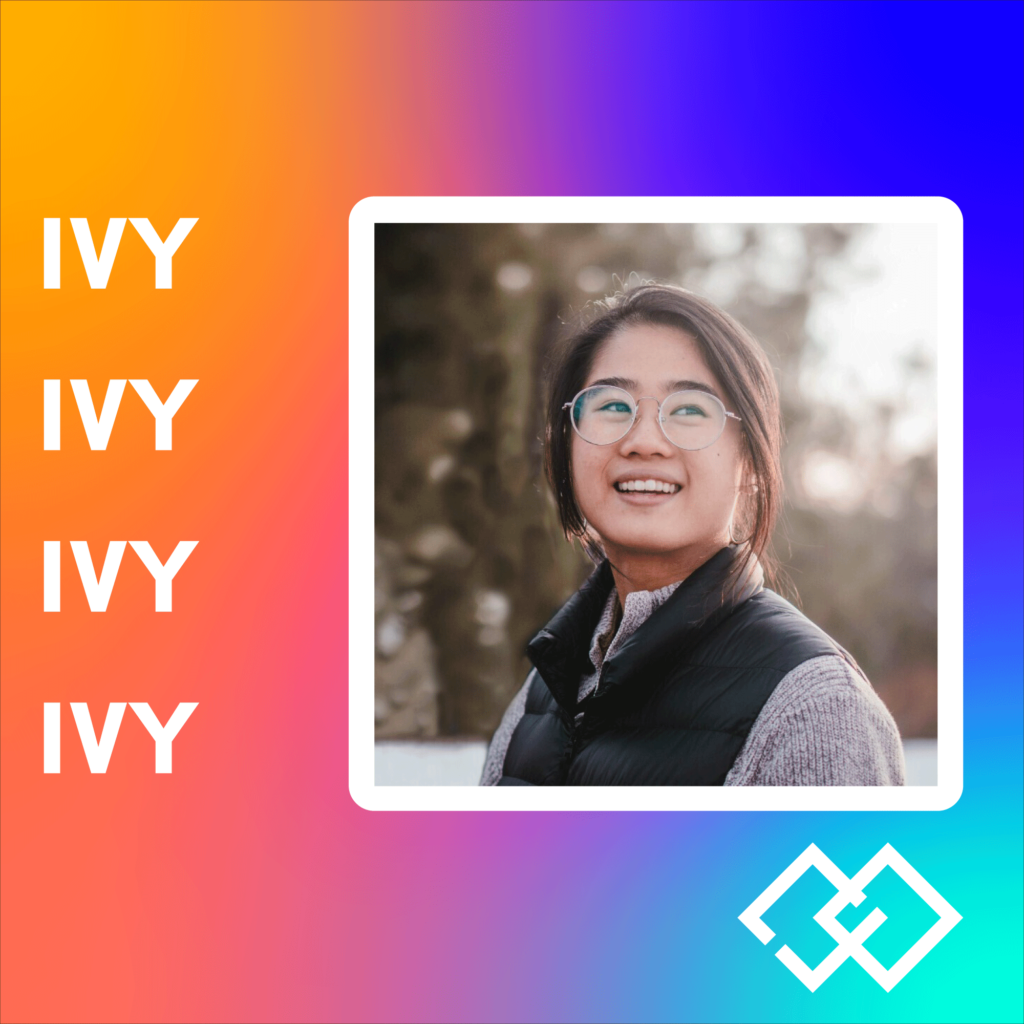
Ivy Tsang, University of Southern California
Ivy is a senior at USC studying the Arts, Technology, & Business of Innovation. She is currently working on better DAO tooling that enables distributed communities to start, connect and fund. Ivy has spent time working in the venture capital space in China and ASEAN and consulting for social impact nonprofits. On campus, Ivy served on the board of USC’s premier incubator LavaLab and plays on the Ultimate Frisbee team.
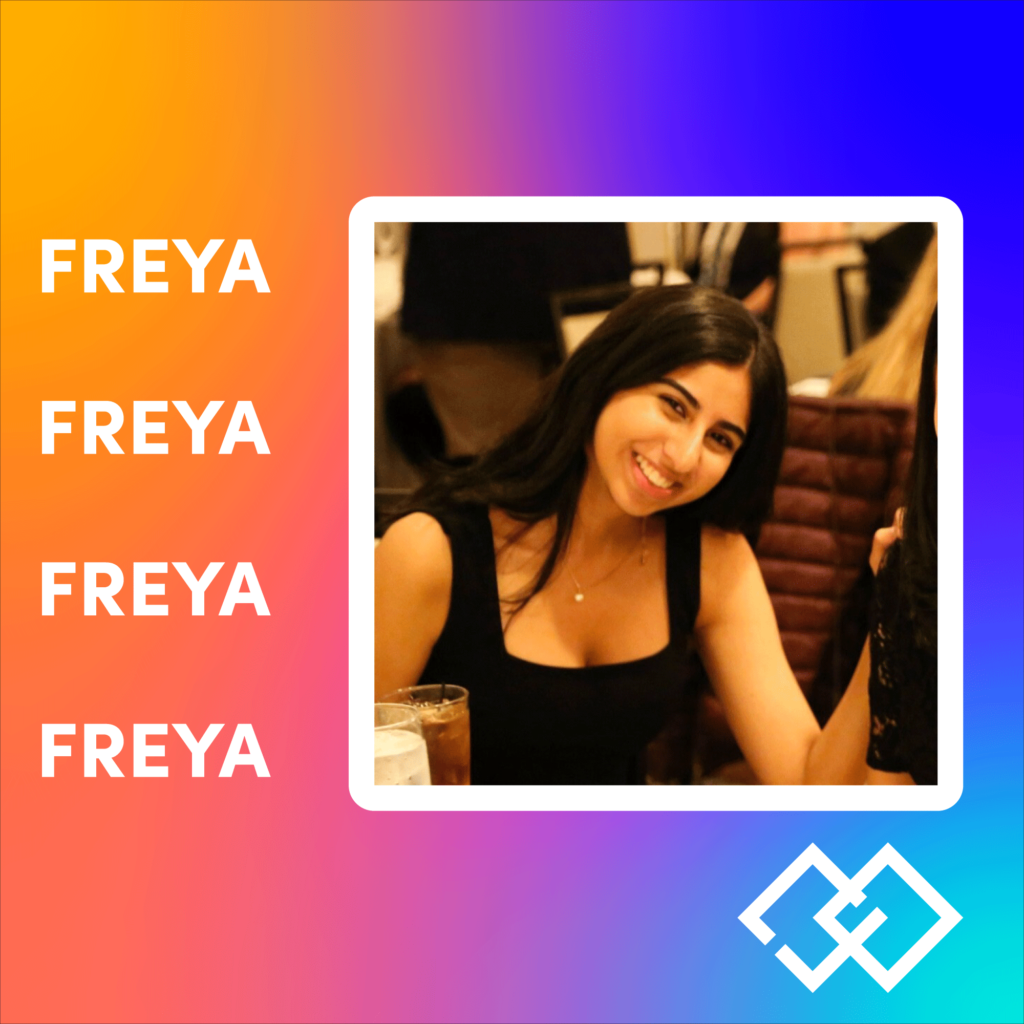
Freya Savla, Yale University
Freya is a senior at Yale studying Economics with a certificate in Data Science. She is interested in political economy and the public sphere through the lens of economic structures & businesses, policy and data governance, and journalism. She’s previously served as a Culture Editor for the Yale Daily News, a Business Analyst for Sogeti, and as a Tobin Fellow for the Yale Department of Economics. She will be working as a Business Analyst at McKinsey post-graduation.
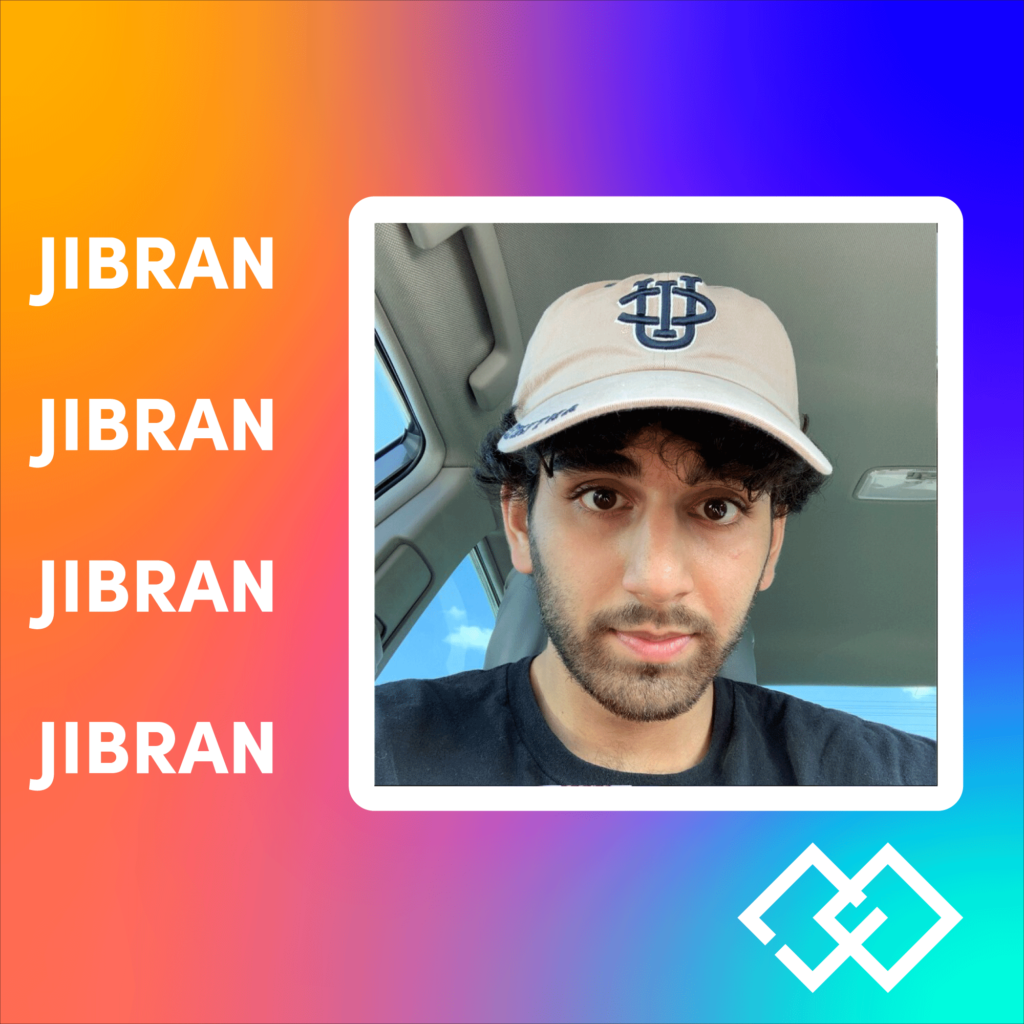
Jibran Khalil, University of Texas at Austin
Jibran is a junior at UT Austin studying Computer Science. He’s previously interned at The Home Depot and Bloomberg LP as a Software Engineer. Jibran is the founder and developer of a Gen Z social workout app called My Workout Group, and since its launch has reached #1 in the Health & Wellness category of the App Store and has garnered over 19K followers on TikTok. He is interested in startups, consumer tech, and social spaces.

Maria Luiza Amoedo de Sa, Columbia University
Maria is a sophomore studying Industrial Engineering: Operations Research at Columbia University with a concentration in Financial Engineering. Born in Rio de Janeiro and raised in Miami, she is passionate about diversity and inclusion in tech spaces. She is spending her time studying the intersections between finance and technology, without forgetting the necessity for integrity and ethics in that space. In her free time, she can be found rereading Jane Austen novels and building her skills in Brazilian Jiu Jitsu.

Anonymous, Stanford University
Anonymous is a student at Stanford University studying computer science. He previously interned at a premier tech company and won an Olympiad for the United States. He’s currently living in Puerto Rico exploring the future of crypto trading.

Serena He, University of Southern California
Serena is a senior at the University of Southern California who was born and raised in Princeton, New Jersey. As a student double majoring in communication and cognitive science, she is exploring the intersection of design and technology and is interested in the world of AI.
Research Project: NFT-powered experiences are more and more shaping the future of the internet and Web3. Postcard is a travel-based NFT game where users can collect limited edition postcards like NFTs at various destinations around the globe.
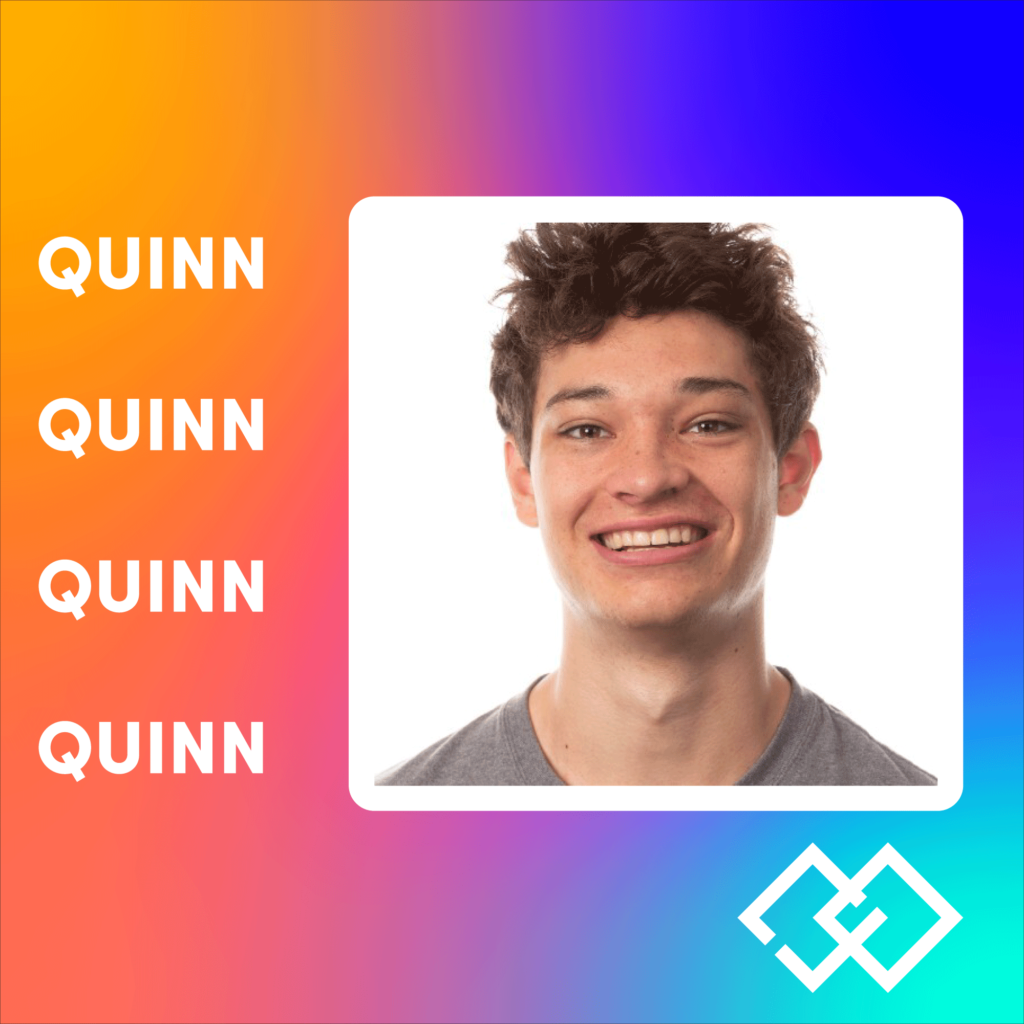
Quinn Barry, Stanford University
Quinn graduated from Stanford and studied Symbolic Systems. In addition to being a Tech Innovation Fellow, Quinn is interned at 8VC, mainly covering the robotics, fintech, and logistics verticals. He has spent time scouting minor league baseball players across New England, working in public finance at an Opportunity Zone Fund and Goldman Sachs, and interning at a digital health start-up in Boston. On campus, Quinn served as the Editor-in-Chief of the Stanford Review and is a member of the Stanford Sports Analytics Club.
Research Project: Innovation through commodities trading has resulted in a dynamic digital market.Using experimentation, predictive modeling, and market trends, research has uncovered the best ways to optimize a return of investment in commodities trading.
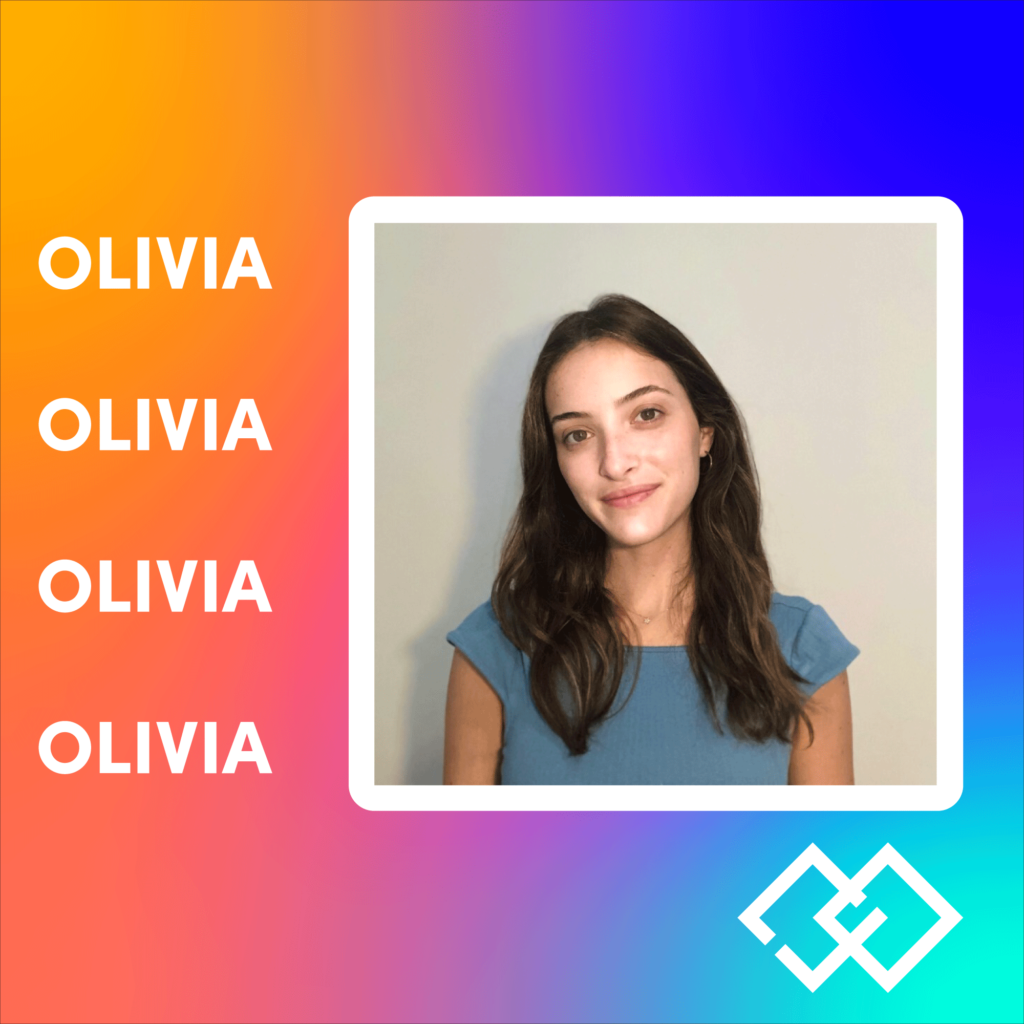
Olivia Baker, Columbia University
Olivia is a junior studying Political Science-Economics at Columbia University. Born and raised in Chicago, she’s seen firsthand the necessity for effective—and ethical—innovation on a broad scale. While she’s currently based in New York City, she’s fascinated by the intersection of technology and law, particularly as it pertains to social justice. In her spare time, she helps research suicide terrorism at a political science lab and loves to paint and run.
Research Project: The African tech ecosystem has been at the forefront of driving new tech trends within startups. African investors have developed their own investing strategies, and economic trends have developed new opportunities for entrepreneurship in the region.

Lydia You, Princeton University
Lydia is a Computer Science and Journalism student at Princeton exploring the intersection of tech and journalism. She’s passionate about revolutionizing the information and media sectors through innovative tools such as Virtual Reality and AI. In her free time, you can find her working as a barista crafting the perfect pour-over recipe, nose-deep in 19th-century English literature and law reviews or running. She is currently based in New York City.
Research Project: The dark web has been a space of controversy and mystery, with many wondering how to navigate it for resourcefulness. With a focus on experimentation with Tor, this research has shown that the dark web has created a greater need for data privacy in future internet policy.
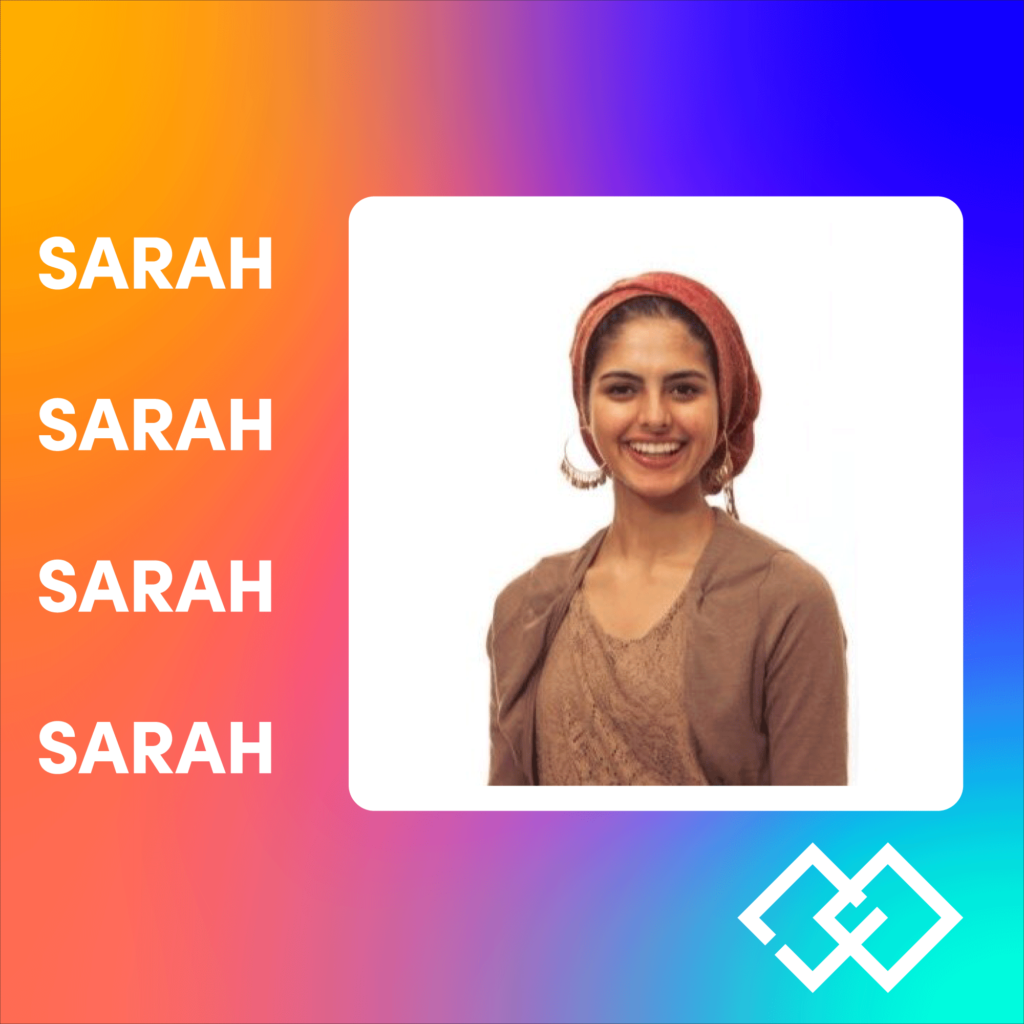
Sarah Raza, Stanford University
Sarah is a junior at Stanford University studying Computer Science. Her previous experiences include starting her own nonprofit, AWARE, that raised over $20,000 and garnered sponsorships from T-Mobile and Microsoft. Currently, she is working as an Engineering Intern at the startup EngFlow. When she’s not working, Sarah can be found chatting with friends over a cup of coffee or binge watching the Good Place.
Research Project: AI and ethics research, microtargeting, and developing policy memos have been areas of focus across college research departments. This research dives into intersections between computer science, law, and policy within these fields of developing interest.